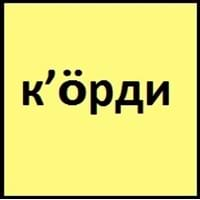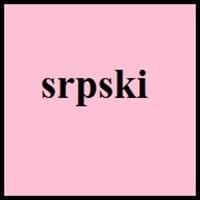Kurdish vs Serbian
- The vocabulary in Kurdish is of Iranian origin.
- In the middle East, Kurdish is the fourth largest ethnic group.
- Serbian language was derived from the Old Church Salvic, as the language was commonly spoken by most of Slavic people in the 9th Century.
- Serbian language is based on Stokavian dialect.
Kurdish and Serbian Language History
Comparison of Kurdish vs Serbian language history gives us differences between origin of Kurdish and Serbian language. History of Kurdish language states that this language originated in 16th century CE whereas history of Serbian language states that this language originated in 11th Century. Family of the language also forms a part of history of that language. More on language families of these languages can be found out on Kurdish and Serbian Language History.
Kurdish and Serbian Greetings
People around the world use different languages to interact with each other. Even if we cannot communicate fluently in any language, it will always be beneficial to know about some of the common greetings or phrases from that language. This is where Kurdish and Serbian greetings helps you to understand basic phrases in Kurdish and Serbian language. Kurdish word for "Hello" is Silaw or Serbian word for "Thank You" is Хвала лепо (Hvala lepo). Find more of such common Kurdish Greetings and Serbian Greetings. These greetings will help you to be more confident when conversing with natives that speak these languages.
Kurdish vs Serbian Difficulty
The Kurdish vs Serbian difficulty level basically depends on the number of Kurdish Alphabets and Serbian Alphabets. Also the number of vowels and consonants in the language plays an important role in deciding the difficulty level of that language. The important points to be considered when we compare Kurdish and Serbian are the origin, speaking countries, language family, different greetings, speaking population of these languages. Want to know in Kurdish and Serbian, which language is harder to learn? Time required to learn Kurdish is 4 weeks while to learn Serbian time required is 44 weeks.





